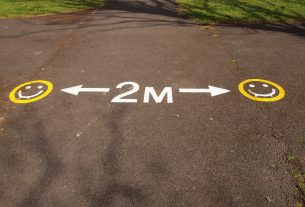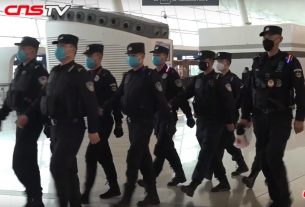Language is constantly evolving, and the digital era has accelerated that transformation. Social media platforms, particularly TikTok, are driving this rapid change, influencing how people express themselves worldwide. Reflecting this shift, the Cambridge Dictionary recently added over 6,000 new words, many of which stem from internet culture and viral trends. This inclusion highlights the creativity of online communities and the growing role of social media in shaping modern language.
TikTok Slang Enters Everyday Vocabulary
TikTok has evolved beyond a hub for viral videos and dance challenges, becoming a significant cultural influencer in music, fashion, and language. Words like “skibidi,” “delulu,” and “tradwife” have moved from niche online communities into mainstream conversation, thanks to their widespread use on the platform.
For example, “delulu,” short for “delusional,” was once used playfully to describe unrealistic expectations in pop culture or relationships. Now, it is recognized globally as a form of self-expression. Similarly, “skibidi,” originating from a meme and viral song, has become a quirky staple of internet humor. By including these terms, the Cambridge Dictionary validates the way younger generations are shaping English today.
Dictionaries are increasingly becoming living records of language, documenting words that reflect real communication rather than only formal rules. When a slang term gains widespread usage, whether online or in everyday conversation, it earns a place in these linguistic records.
Preserving Internet Culture in Language
The addition of TikTok-inspired terms illustrates how digital culture blurs the line between informal slang and accepted vocabulary. Online jokes, memes, and trends can now reach massive audiences quickly, turning ephemeral expressions into lasting additions to the language.
The term “tradwife,” short for “traditional wife,” exemplifies this trend. Once a viral internet phrase, it now reflects ongoing societal discussions about gender roles, lifestyle choices, and feminism. By documenting such terms, the Cambridge Dictionary not only records language but also preserves a cultural snapshot of contemporary society.
These updates are significant for language learners, educators, and linguists, demonstrating that understanding English extends beyond grammar and syntax—it involves recognizing how people communicate in real life. Including digital slang allows learners to engage with current media, conversations, and cultural references they are likely to encounter.
Moreover, recognizing online slang in a reputable dictionary challenges traditional notions of “proper” language. It celebrates creativity and highlights the global impact of the internet, where words created in one digital corner can quickly spread worldwide.
By embracing TikTok slang, the Cambridge Dictionary underscores that language evolves alongside society. Its updates ensure that English remains relevant, capturing the way people speak and interact in today’s connected world.




